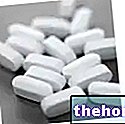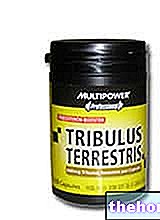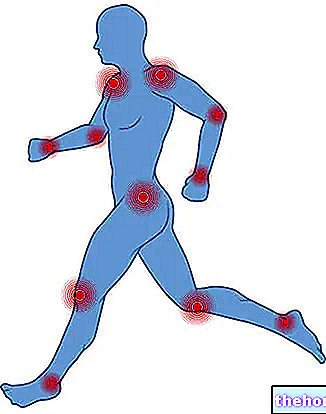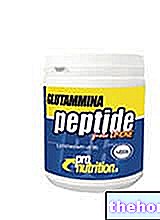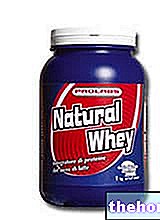
Sweating, however necessary, must in any case be compensated for and, to do this, it is essential that a sufficient hydro-saline intake is maintained.
In this article we will find out how to indulge sweating without running into the decline in performance due to dehydration and excessive loss of minerals - responsible for potential hydro-saline decompensation.
it has a very high energy cost due to the succession of biochemical reactions and metabolic processes. In addition to generating movement, all this determines the release of heat.
However, the organism is not able to withstand too high internal temperature variations, therefore it reacts by adopting a complex thermoregulation system. It is fundamentally based on two processes:
- Vasodilation of the skin capillaries which, filling with blood, dissipate the heat on the surface by means of radiation, convection and conduction
- Sweating, or the secretion of sweat - composed of water and blood-derived minerals - by specific exocrine glands, which carries the heat out of the body.
The latter, secreted by the sweat glands located in the skin, is nothing more than an aqueous solution of minerals (in variable proportions) such as: sodium, chlorine, potassium, magnesium, iron, zinc and copper.
Its production does not take place in a single step; after the secretion, in fact, a reabsorption phase takes place which allows to save at least a part of it. From an initial concentration similar to that of the blood plasma, flowing inside the glandular ducts, the sweat is deprived of a part of the ions, so that at the moment of expulsion to the surface it will be hypotonic.
Our body is mainly composed of water but, in order to function properly, it needs to remain perfectly hydrated. Furthermore, body fluids are distributed in the various compartments and districts thanks to an intricate mechanism that largely depends on the balance of the aforementioned ions. To secrete sweat, as we have said, the sweat glands excrete several minerals - most notably sodium and potassium.
Despite the ionic reabsorption process, as sweating increases inexorably also the expulsion of ions, which is sometimes excessive, compromising the correct functioning of the organism - an example is the onset of cramps.
The amount of sweat produced depends not only on the intensity of the physical activity performed, but also on the environmental conditions (for example in a hot climate the loss of heat occurs mainly thanks to the production of sweat which will therefore be abundant), but above all on the subjectivity ; not everyone sweats the same way.
and more precisely to a hydro-saline imbalance.
